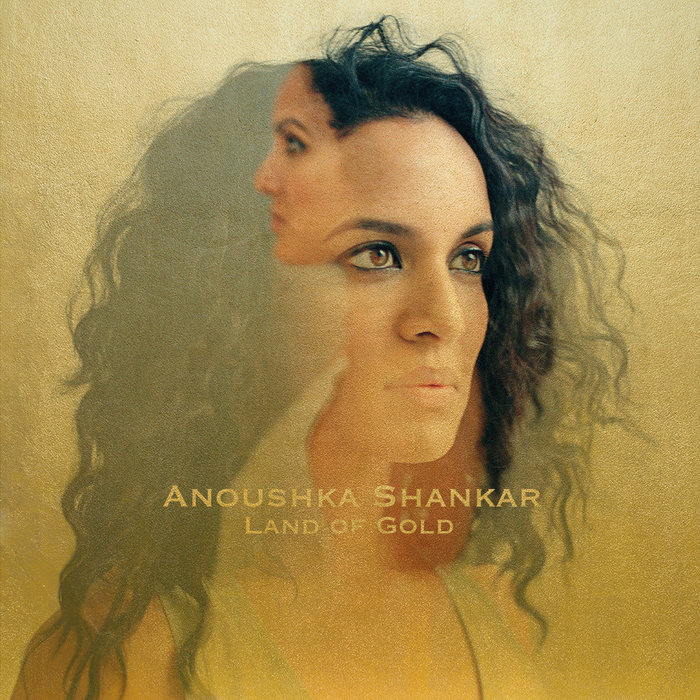
Weeks ago, in conjunction with cities across the country, Minneapolis residents took to Marquette Avenue in a march known as “Families Belong Together,” protesting the federal immigration policies that have resulted in the separation of immigrant families crossing the United States’ border. In addition to the various other political movements that have occured over the past year and a half, this particular protest seems to underscore the purpose of Anoushka Shankar’s recent tour behind her critically acclaimed 2016 album, Land of Gold, which she will perform at the Dakota Jazz Club July 16 & 17. which, at the time of its release, focused on Europe’s refugee crisis.
At the time of its release, Land of Gold focused primarily on Europe’s ongoing refugee crisis, but as it turns out, the underlying themes from the album still ring true today in an unsettling way. The album explores the concept of families being displaced and being confronted with an external and internal search for a place of belonging, told primarily through Shankar’s renowned sitar playing and collaborations with other artists of varying geographic and musical backgrounds.
“It is tragic to think that we live in a world where our capacity to offer sanctuary to those uprooted by violent circumstances beyond their control is determined by geographical borders,” Shankar states on her website.
As the daughter of Ravi Shankar — an Indian musician who is credited with popularizing the sitar throughout the 1960s — Anoushka Shankar has been performing professionally since the age of 13. Over the years she has honed her craft after that of her father’s, while deviating in her own directions by incorporating elements of everything from electronic music to minimalism. And although she is often compared to her late father, she has gone on to create her own unique cosmopolitan style centered around her resounding skill with the sitar.
The album itself was recorded at a farm on the rural outskirts of Tuscany, Italy. On her website, Shankar states that the remote setting of this environment helped shape the overarching theme of the album, which led to the expansive soundscape that can be found on much of the record. It is also decidedly feminist in its collaborations, positioning women as the forefront voices on the record, the likes of which include M.I.A., Alev Lenz and Vanessa Redgrave.
Land of Gold meanders from song to song, exploring different moods, cadences and shifts in direction. The transitions are often jarring, resembling the experience of immigrants being displaced from their loved ones. A song like “Last Chance” traverses through sparse, unassuming melodies before jolting the listener with sporadic instrumentation placed atop a bold percussive backdrop. On the other hand, a song like “Say Your Prayers” is a delicate track placed firmly in Shankar’s classical sitar-playing background.
The album continues to explore dissonance in sound, timbre and tempo in order to try and replicate the unnerving experience of separation in an unfamiliar environment. All of this adds up to Shankar’s central message, defining the Land of Gold as “the recognition of the resilience of the human spirit and of our capacity to find the place where enduring hope resides.”
It’s an emotional opus aimed at giving the displaced a voice — one that will surely translate to a moving live performance when she visits Minneapolis next Monday and Tuesday.
“I believe that art can make a difference — it connects us to our hearts, bringing us back to what really matters,” Shankar states on her website. “Music has the power to speak to the soul.”
For tickets to see Anoushka Shankar at the Dakota on July 16 & 17, call 612.332.5299 or Click HERE.
